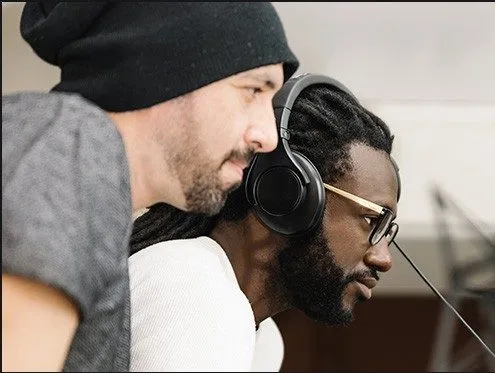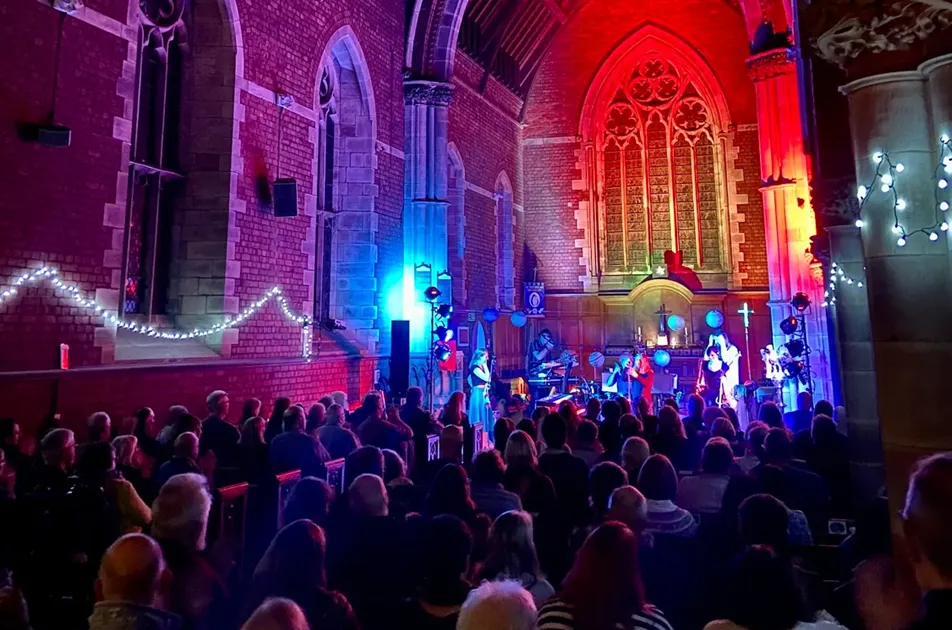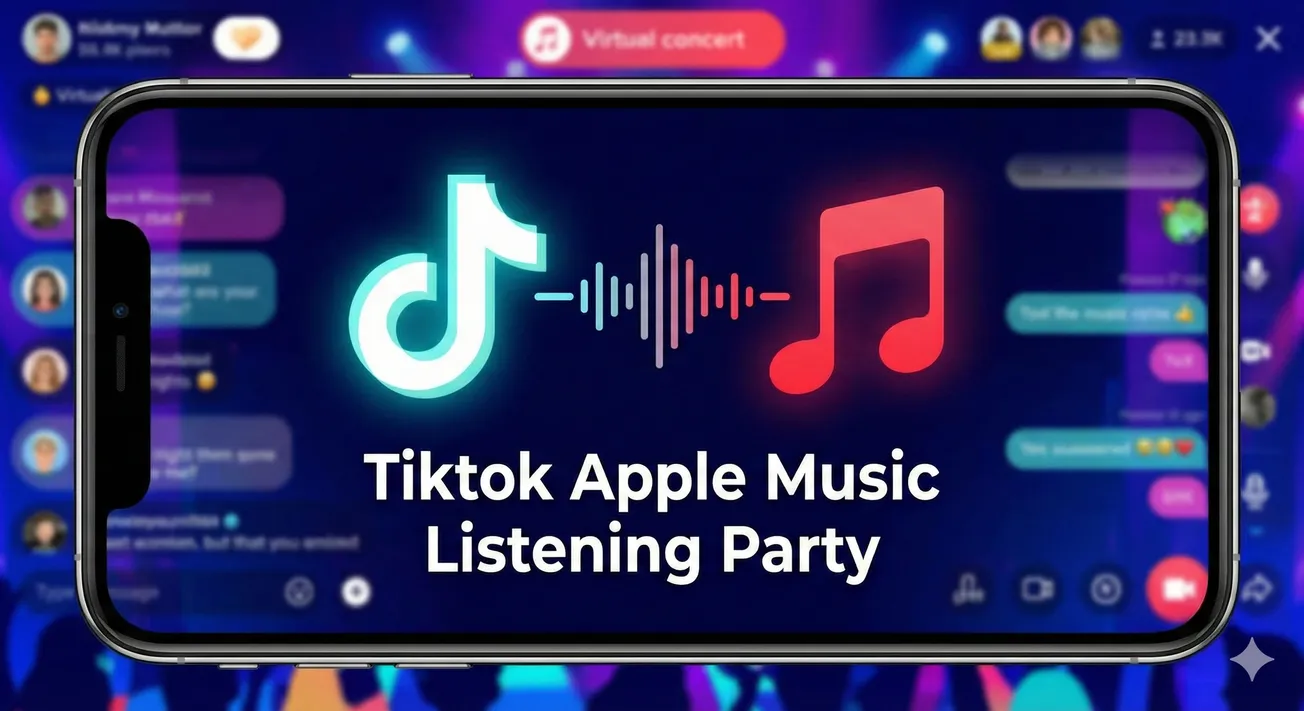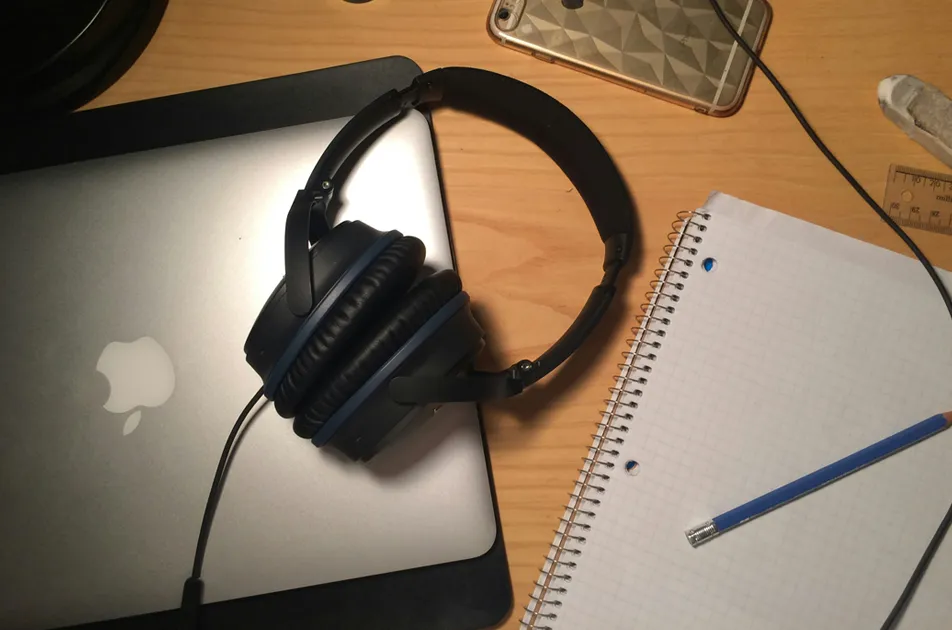Whether want to get serious about producing music or you just want to know the basics, this 5-step plan will set you on the right path.
by Carla Malrowe from Bandzoogle
You might be a songwriter that wants to start laying down and mixing your own tracks, or an audiophile that wants to start producing the music of others. Either way, there are a few crucial steps you need to take in order to reach lift-off. These can best be summarized in five categories. Hardware, software, knowledge, mindset, and creativity.
Even though there are many shortcuts to music production, they come highly discouraged. This article will not teach you how to record a song with a phone app, because the point of production is about achieving sonic quality, so it can be appreciated and admired by a listener. Instead of hearing the potential, the goal is to start setting yourself up to achieve pro-level results. Here are the basic, yet fundamental steps to follow.
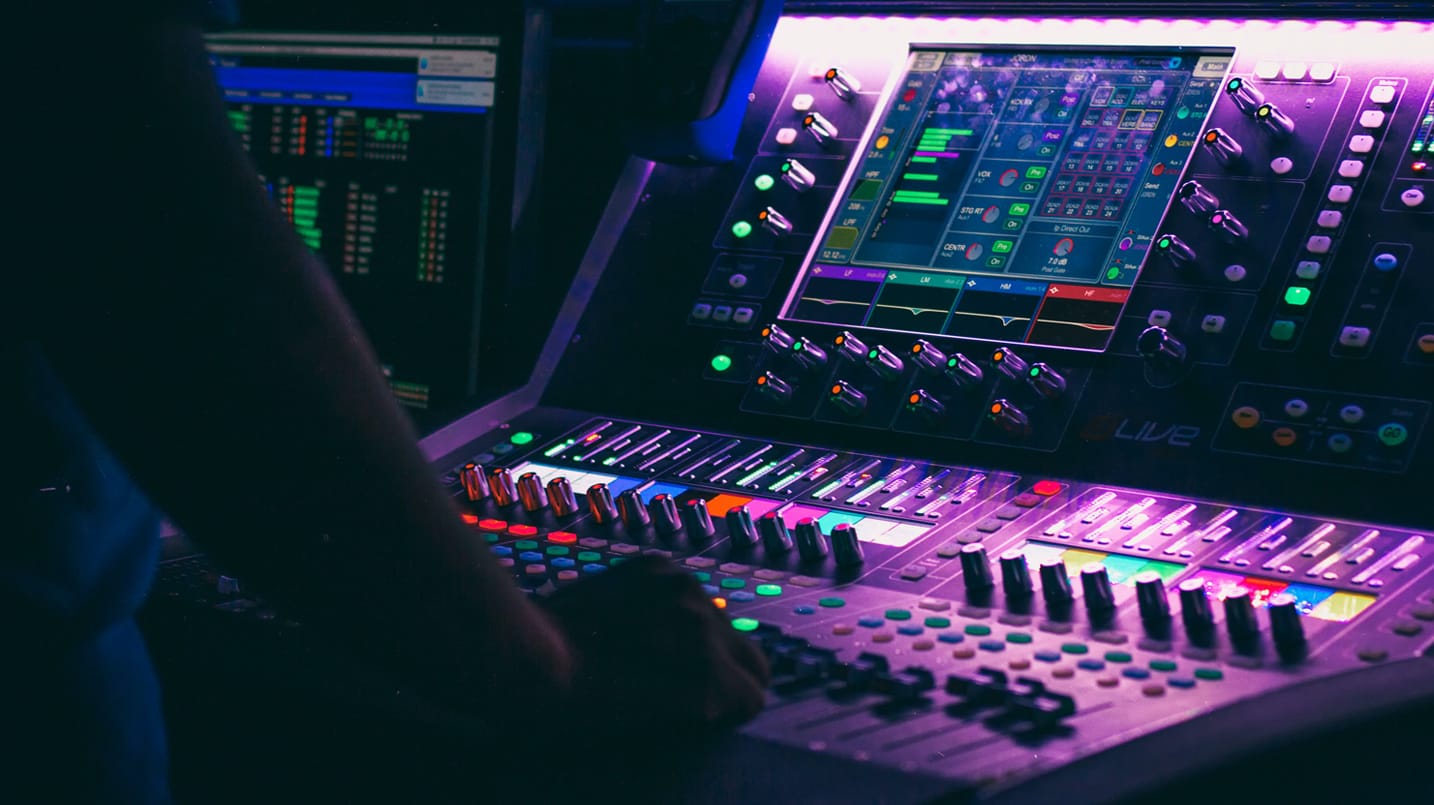
1. Invest in your sound with proper hardware and gear
Regarding production hardware, a purely electronic song can be produced through a smartphone or a laptop. That is literally all you need. Possible, but not recommended if you’re serious about producing. For example, you won’t be able to hear your work properly through laptop speakers, and you won’t be able to record proper sound without a mic. Thus, here’s what your initial setup should include:
- A laptop or computer with 16 GB RAM (8GB will work, but 16GB is recommended)
- Studio monitors and studio headphones – the clearer the playback, the better.
- A mic, mic stand, pop filter and a few cables for capturing crisp input
- An audio interface – the piece of equipment that converts your sonic signals
2. Settle on your preferred software
We call it a DAW: a Digital Audio Workstation. This is the program that will make it possible for you to produce what you record. Some great DAWs include Ableton Live, Reason, Cubase, Logic Pro, Pro Tools, and Garageband…to only name a few. I’m not here to tell you which one. I encourage you to research all of them: Watch tutorials, read reviews, and play around with free demos to find out which is the best for your preference, and of course, your budget.
3. Put your study hat on
If you’re not a songwriter (yet), you need to get the basics of music theory under your belt first. You will face a plethora of obstacles if you do not. Thus, start there. Secondly, study the basics of production – there are multiple online courses available to teach you the fundamentals. Thirdly, study your software: Get to know the ins and outs of what your workstation is capable of, and what it is not.
Lastly, and possibly most importantly, train your ear. You need to train your ear through the practice of active listening. A course can’t teach you what a song should sound like – it can only teach how to get the song to sound the way you want it to. So build up your own personal “library” of what you think good production should sound like.
4. Start out with the right mindset: practice, not perfection
At this point, your mission should be to learn how, not to get great. Don’t set out to produce a perfect song. Start by laying down “exercise tracks”: simple short phrases of music in which you explore various sounds and test various tools. Accept that it will sound like rubbish for a while.
Focus on the output of big quantities of imperfect tracks rather than a single perfect track. Gettings stuck on one song will limit you and waste precious time that could be allocated to trial and error. As they say; fail fast in order to succeed quicker.
5. Get creative and find your vibe
Wild creativity and exploration will be key to your development as a producer. Explore in order to discover, not only what sounds good, but what you prefer – this way you will develop your own production style. Search for a creative style that is better than just good. So… what’s better than good? No, not great. Authentic, original, unique!
Carry on carrying on
The process is never-ending. You need to continue studying, practicing, adding equipment, adding plugins, and listening to learn. A piece of advice from an expert…
Renowned music producer, Matthew Fink, tells us: “If I can say one thing to aspiring music producers, it would be: Do not exist in a vacuum. Listen to as much music as you can. Listen to genres outside your frame of reference. Accept that music exists that is far better than yours, so carry on learning from it.”
——————————————————
Carla Malrowe is an avid alternative songwriter and vocalist from South Africa, currently residing in The Netherlands. Check out her electro-industrial project, Psycoco’s single “Stay Awake.” Malrowe’s music is a haunting juxtaposition of electronic and analogue sounds with lyrics that explore a post-apocalyptic conflict between love and loss. Her solo EP, ‘The petals and sand’ is set to be released later this year.

